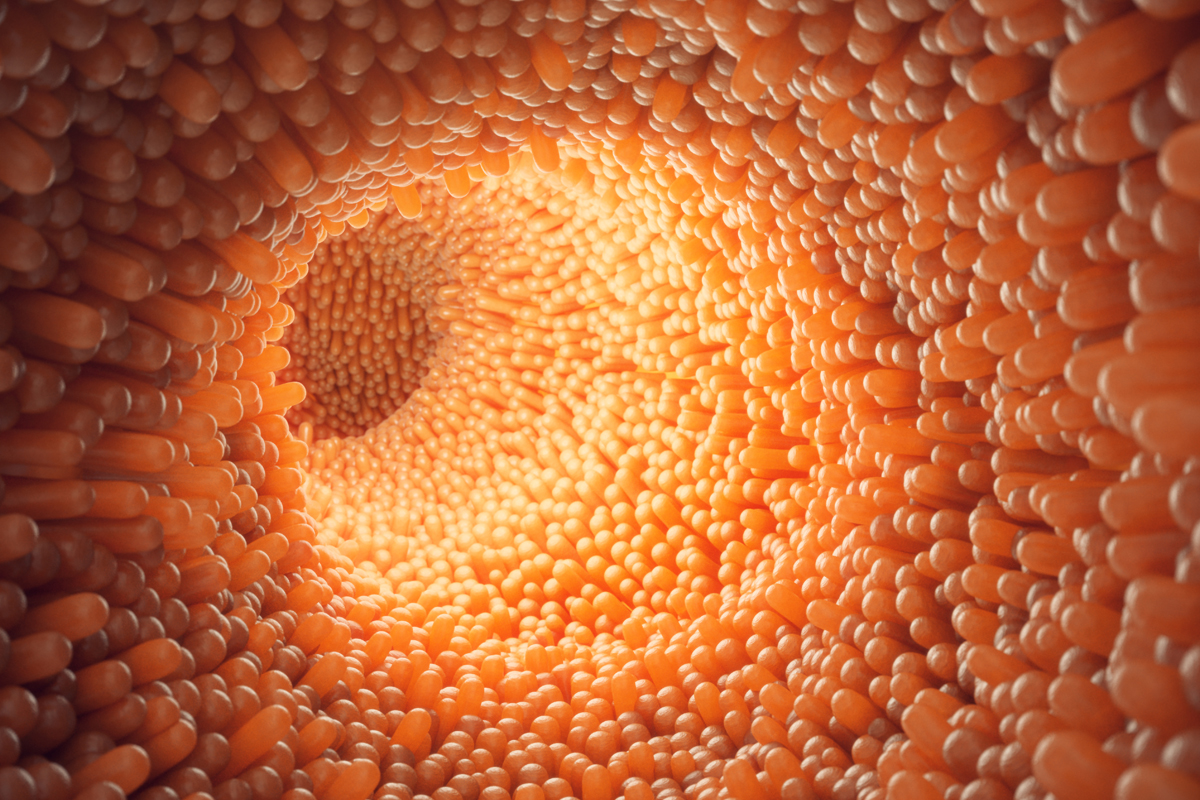The human body is a remarkable ecosystem comprising billions of living organisms, both human and microbial, working together in harmony. While we are familiar with our visible bodily systems like the heart, lungs, and brain, there is a hidden world within us known as the “microbiome.” In this blog post, we will delve into the intriguing concept of the microbiome, shedding light on its significance and the influence it wields over our health.
What is a Microbiome?
In simple terms, a microbiome refers to the collective genetic material of all the microorganisms residing in a particular environment. When we talk about the human microbiome, we are specifically referring to the complex and diverse communities of bacteria, fungi, viruses, and other microorganisms that inhabit various parts of our bodies, such as the skin, mouth, gut, and reproductive organs.
The Gut Microbiome: A Gut Feeling
The gut microbiome is perhaps the most widely studied and influential among all our microbiomes. It is a bustling metropolis of microorganisms that primarily resides in our intestines. The gut microbiome plays a crucial role in digestion, breaking down complex carbohydrates and fiber that our bodies cannot digest independently. In return, these tiny residents provide us with essential nutrients, such as certain vitamins and short-chain fatty acids.
Beyond digestion, the gut microbiome is intimately linked to our immune system. It acts as a barrier against harmful pathogens while stimulating the development and function of immune cells. Imbalances in the gut microbiome have been associated with various health conditions, including irritable bowel syndrome (IBS), inflammatory bowel disease (IBD), and even mental health issues like anxiety and depression.
The Skin Microbiome: Our First Line of Defense
The skin, our largest organ, is a fascinating ecosystem of its own, hosting diverse microbial communities. These microscopic inhabitants contribute to skin health by protecting against invading pathogens and maintaining the skin’s pH balance and moisture levels. Disruptions in the skin microbiome can lead to skin conditions like acne, eczema, and dermatitis.
The Oral Microbiome: More Than Just a Pretty Smile
The oral cavity is home to a dynamic community of microorganisms that significantly influence our oral health. These bacteria and fungi play essential roles in breaking down food particles, preventing harmful bacteria from flourishing, and safeguarding against dental cavities and gum disease. Moreover, research suggests a potential link between oral health and systemic conditions like cardiovascular disease and diabetes.
Factors Influencing the Microbiome
Several factors can shape the composition and diversity of our microbiomes. These include:
- Diet: Different diets can promote the growth of specific microbial communities. A diet rich in fiber and fermented foods, for instance, can enhance gut microbiome diversity.
- Antibiotics: While antibiotics are life-saving medications, their overuse can disrupt the balance of the microbiome, leading to potential health issues.
- Birth and Early Life: The mode of delivery at birth (vaginal birth vs. cesarean section) and breastfeeding influence the colonization of an infant’s microbiome.
- Environment: The environment we live in and the people we interact with can also influence the exchange of microbial communities.
Nurturing a Healthy Microbiome
Maintaining a healthy microbiome is essential for overall well-being. To promote a thriving microbiome, consider the following tips:
- Diversify Your Diet: Consume a variety of fruits, vegetables, whole grains, and fermented foods like yogurt and kimchi.
- Avoid Overusing Antibiotics: Use antibiotics judiciously and only when prescribed by a healthcare professional.
- Consider Probiotics: Probiotic supplements or foods can introduce beneficial microbes into your gut.
- Practice Good Oral Hygiene: Brush and floss regularly to maintain a healthy oral microbiome.
The microbiome is a mesmerizing world of microorganisms that coexists within us, profoundly influencing our health and daily lives. By understanding its importance and nurturing its well-being, we can unlock the potential of a healthier, more balanced life. So, let’s embrace this invisible ecosystem and cultivate a harmonious relationship with our tiny yet powerful microbial partners.

